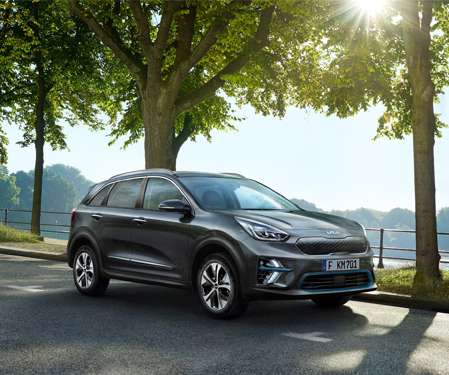Better Place Launches Switchable-Battery Electric Taxi Project in Tokyo; Converted Crossovers with A123 Systems Packs
Green Car Congress
APRIL 26, 2010
Electric taxi driving through Ginza in Tokyo. Better Place launched a 90-day switchable-battery electric taxi in Tokyo in partnership with the Japanese Ministry of Economy, Trade, and Industry, and Nihon Kotsu, Tokyo’s largest taxi operator. Kiyotaka Fujii, President of Better Place Japan. Source: Better Place.











Let's personalize your content